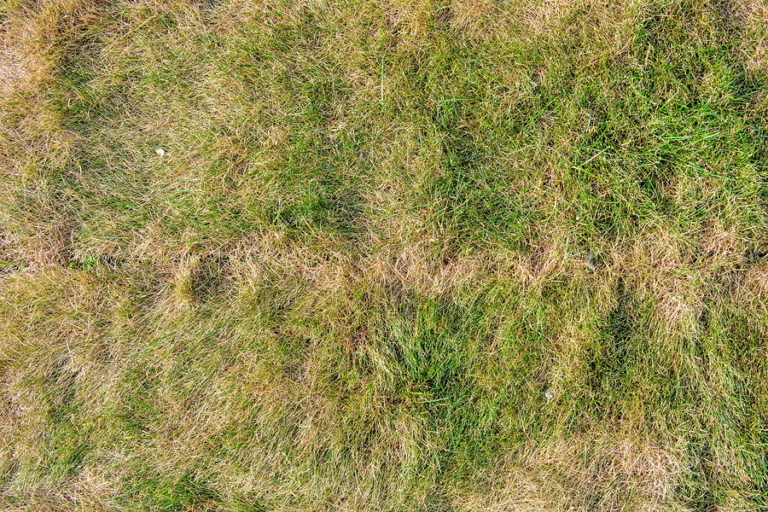

Recent studies have shown that dogs have evolved the ability to digest some carbohydrates in response to coevolving with humans. Once provided with adequate fiber in his diet, the grass-eating behavior resolved.īut can dogs actually digest grass? Dogs are primarily carnivores, meaning they eat meat. (Kang et al., 2007) This was evidence that for this particular dog he was supplementing his dietary deficiency by eating grass and plants. The problem resolved after the dog was placed on a commercial high-fiber diet. In one particular case report, an 11-year-old Poodle had a 7-year history of eating plants and grass and vomiting afterward. Wild canids (from the Canidae family, which includes wolves, jackals, foxes, and coyotes) also have been observed to eat grass. We know from research on wolves that 2-10% of their stomach contents may contain plant material. Some scientists speculate that eating grass is an instinctive behavior for dogs that evolved from their wolf ancestors. However, scientists have formed a few theories and disproved some myths based on the research we do have. So the truth is that no one knows for sure. There have been many speculations and theories, but there is limited research on why dogs eat grass. They think that grass may serve as a laxative to help move stool along for dogs that are constipated. Some people speculate that grass offers much-needed fiber that aids in moving food through the dog’s gastrointestinal tract. Other pet parents believe that grass contains some essential nutrient their dogs instinctively know they need.


And some think that it’s an indication that their dog has an upset stomach or intestinal problem. They think it’s an instinctive behavior that a dog engages in to rid themselves of something they should not have eaten. Many people believe that when dogs eat grass, they are trying to make themselves vomit. It is not uncommon to see your dog grab a mouthful of grass during their daily walk or a romp through the park.


 0 kommentar(er)
0 kommentar(er)
